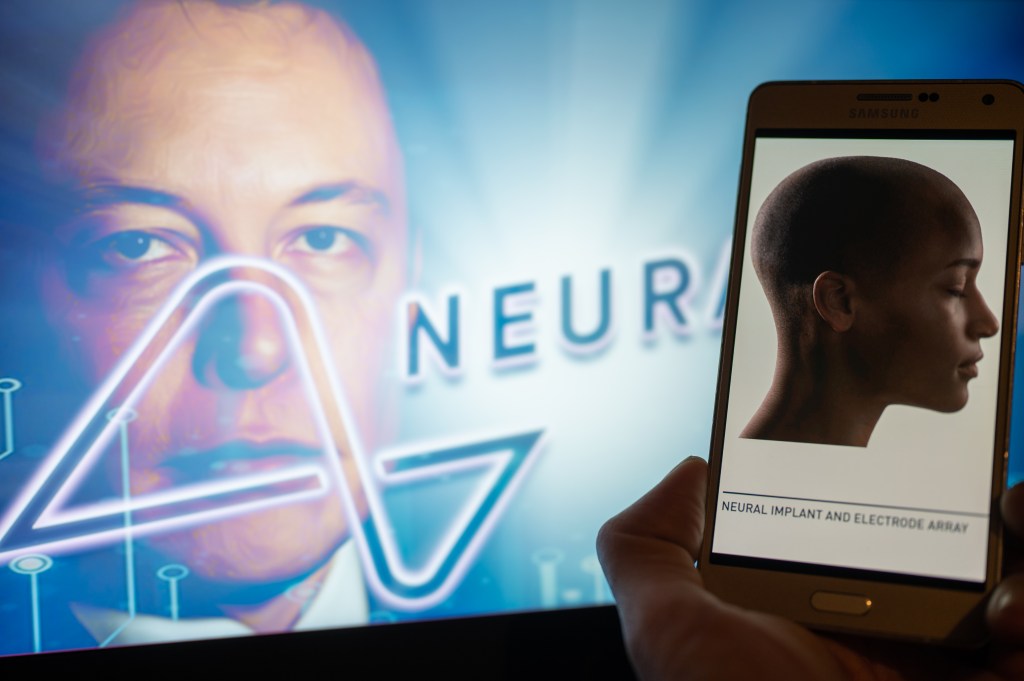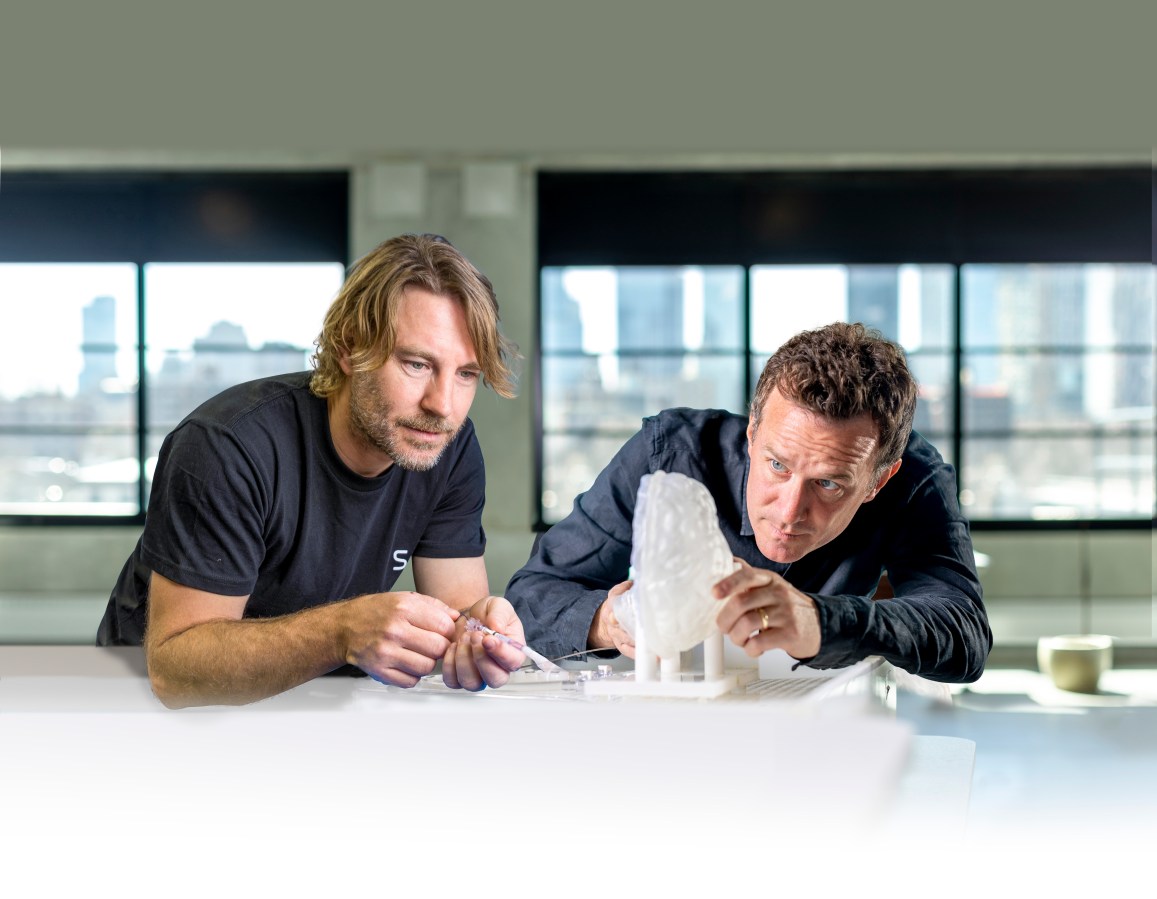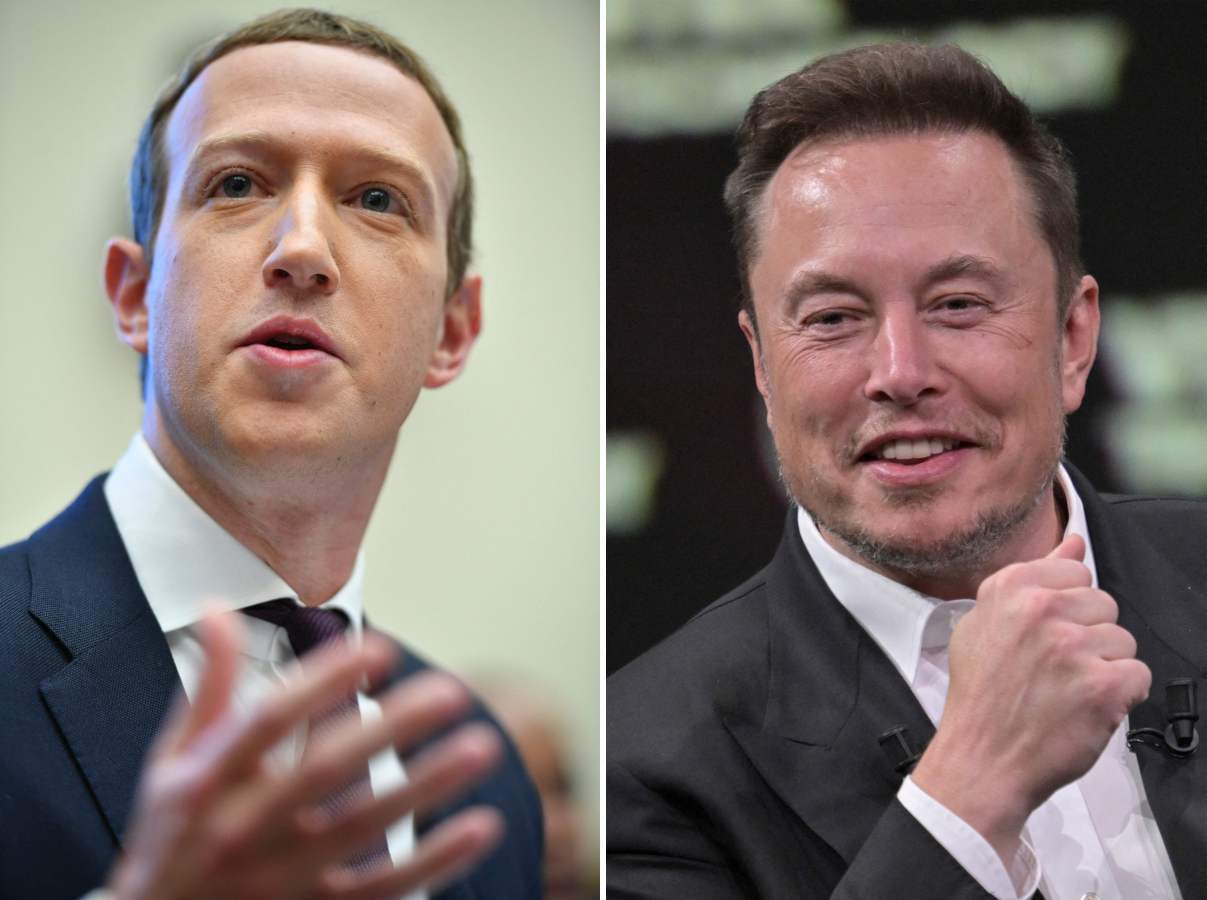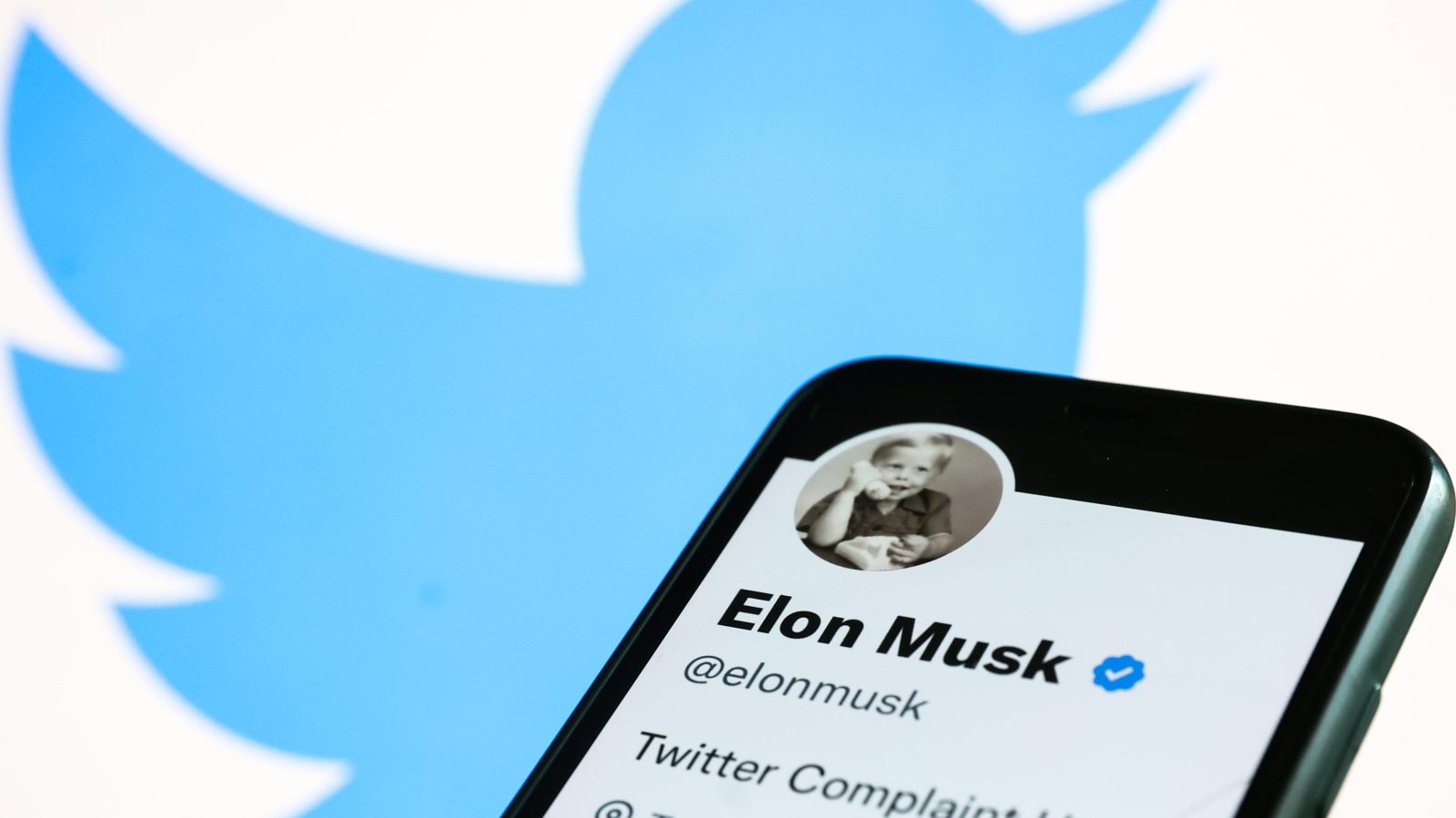Neuralink confirmed via X, formerly Twitter, that the US$280 million (AU$428 million) funding round was led by Peter Thiel’s Founders Fund.

Key Takeaways
- Neuralink, which was co-founded by Elon Musk in 2016, closed a US$280 million Series D round led by PayPal co-founder Peter Thiel’s venture capital firm, Founders Fund
- The company, which is developing a brain-computer interface that can be implanted, was reportedly last valued at US$5 billion in June
- The Food and Drug Administration (FDA) approved Neuralink to begin trials in early June.
Background
Neuralink’s primary goal is to implant brain-computer devices in paralysed humans, allowing them to control phones or computers. It was co-founded in 2016 but was not publicly known until 2017, and its first public presentation was in 2019.
The Neuralink chip is – or will be – roughly the size of a coin, with wires 20 times thinner than human hair stemming into the patient’s brain, and emitting electrodes to monitor brain activity – and eventually stimulate it. Musk claims robots can implant the chip and it could be as easy as LASIK eye surgery.
So far, the company has only tested on animals, and received backlash in early 2022 after it revealed a surgical complication resulted in a monkey being euthanised. It has also claimed it has successfully implanted a chip into a monkey, which could then control a computer with its brain.
Related
But it isn’t the only company in this space. Synchron, an Australian competitor to Neuralink, was founded as SmartStent in 2012, before rebranding in 2016. Synchron actually achieved FDA-approval for human trials in 2021 – a year before Neuralink.
By November last year, the company had already trialled use of its brain-computer chip Stentrode in four patients in Australia, who were able to send WhatsApp messages, do online banking and make online purchases. It also inserted the device on its first US patient at Mt Sinai Hospital, putting it ahead of competitors.
“Our procedure is a lot safer, going through blood vessels,” co-founder Nick Opie told Forbes Australia. “That’s one of the things that regulatory bodies like the FDA look for, in terms of safety, which has allowed us to progress faster.”
Musk has not confirmed when Neuralink’s human trials will begin, or when a product will launch. However, the company’s website is accepting patient applications, seeking those with quadriplegia, paraplegia, vision loss, hearing loss and/or the inability to speak.
Look back on the week that was with hand-picked articles from Australia and around the world. Sign up to the Forbes Australia newsletter here or become a member here.



